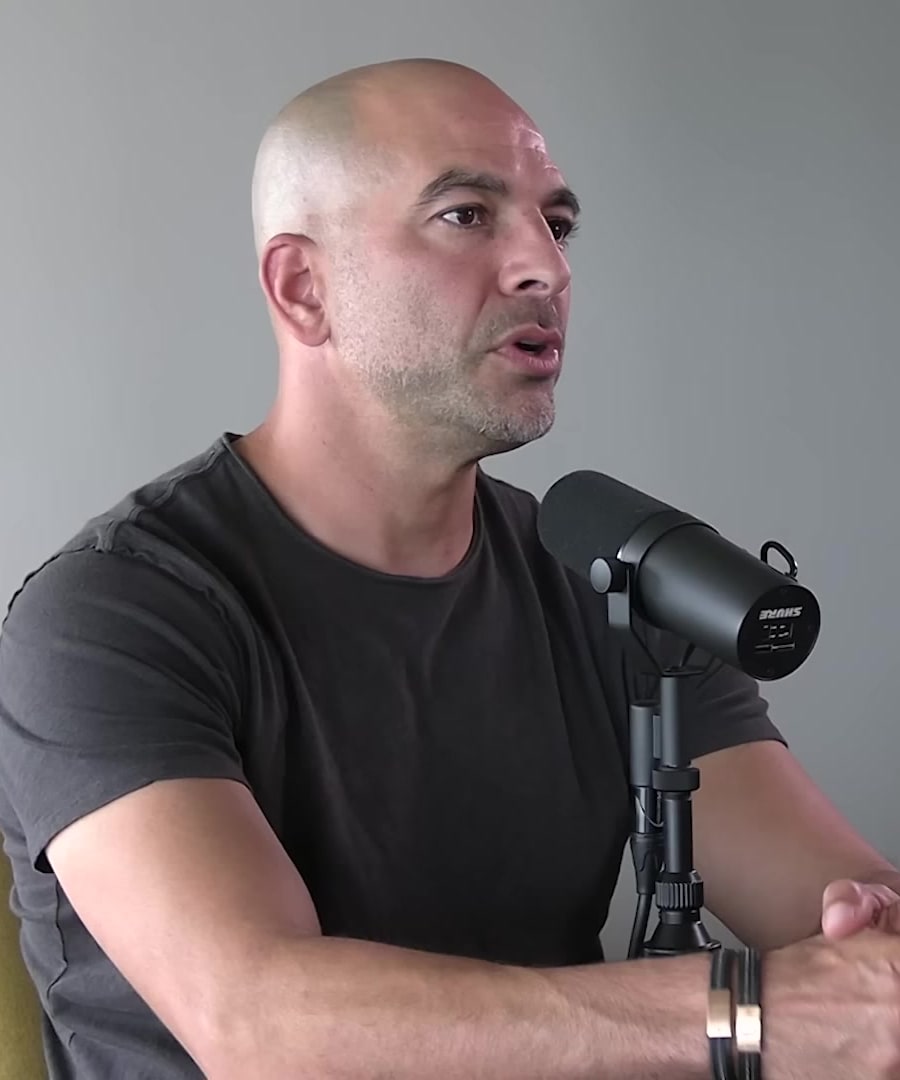Is high LDL really related to heart disease risk?
Sources:
High levels of low-density lipoprotein (LDL) cholesterol are indeed related to an increased risk of heart disease. Layne Norton pointed out in an episode of the that Mendelian Randomization studies have demonstrated a linear effect on heart disease from lifelong exposure to LDL cholesterol. It's thought that LDL cholesterol can penetrate the endothelium, and the presence of apolipoprotein B, which tracks with LDL, contributes to this process. These findings affirm LDL as an independent risk factor for heart disease, with a clear dose-dependent relationship being established in these studies 1.
Additionally, discusses the role of apolipoprotein B (apoB) on the same podcast, emphasizing that apoB is the primary causative agent of atherosclerosis, the process leading to heart disease. Strategies to maintain low levels of apoB can be crucial for lowering heart disease risk. Heart disease development starts early in life, and maintaining apoB levels similar to those in childhood might significantly reduce the risk of developing cardiovascular diseases 2.
To further understand the links between cholesterol and heart health, it's crucial to differentiate between various lipoproteins and their roles. For example, apoB is wrapped around LDL particles, whereas other types, like high-density lipoprotein (HDL), play different roles in the body 3. The overall consensus from the experts interviewed on Huberman Lab suggests that maintaining appropriate cholesterol levels, particularly by managing apoB and LDL, is essential for preventing heart disease.
RELATED QUESTIONS
Is high LDL really related to heart disease risk?
- RELATED QUESTIONS


